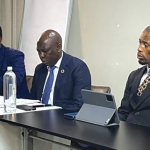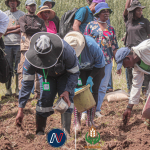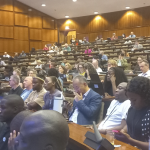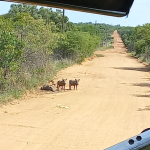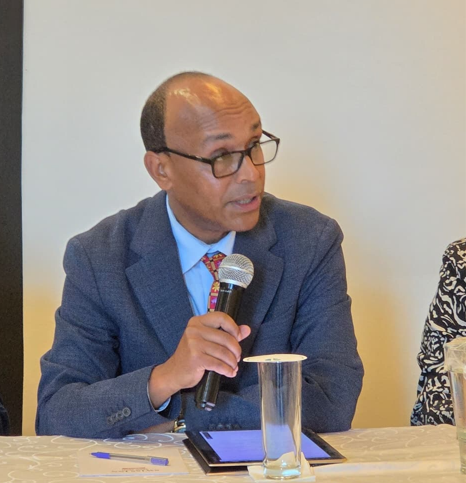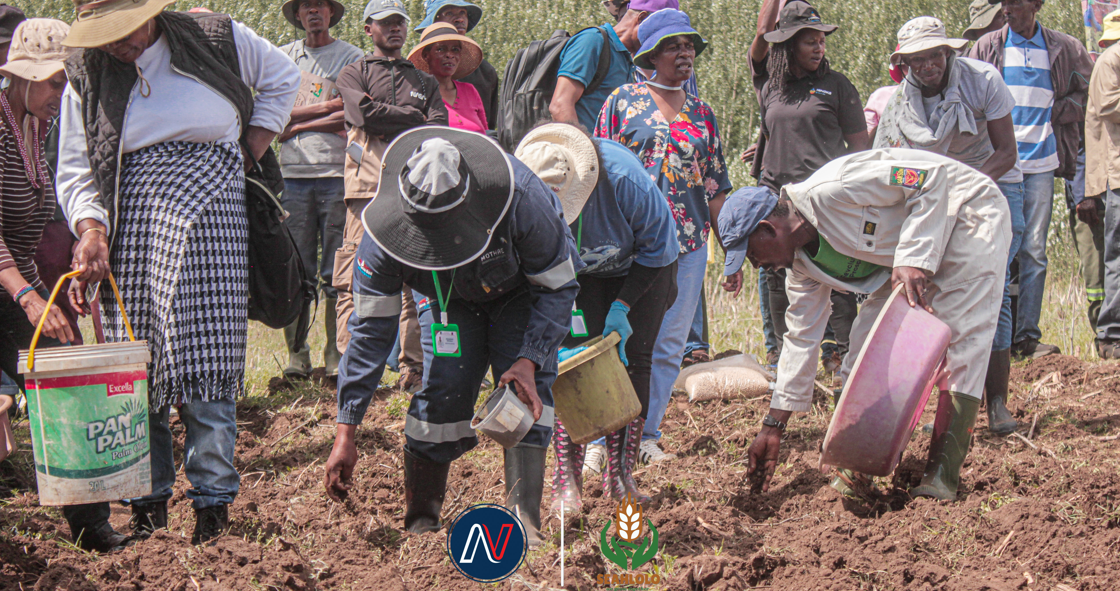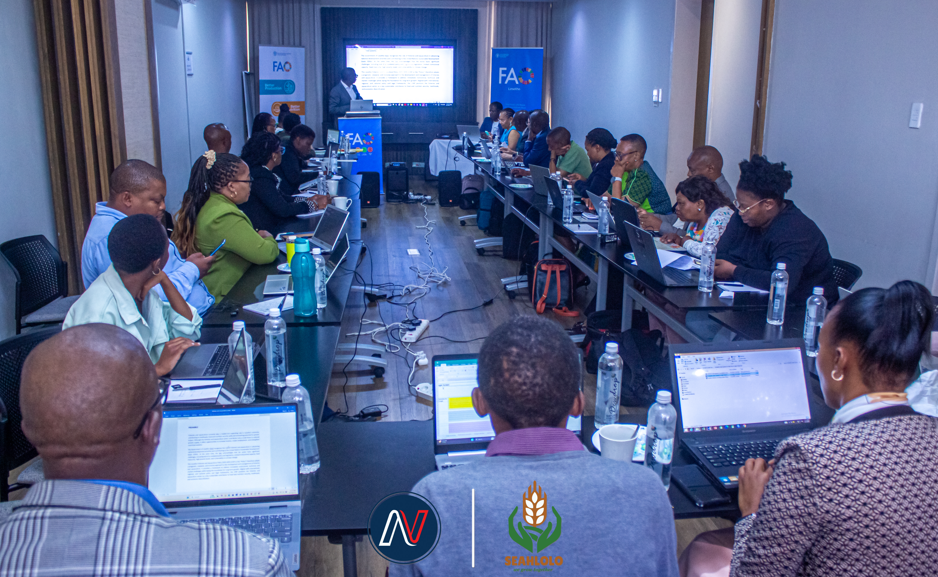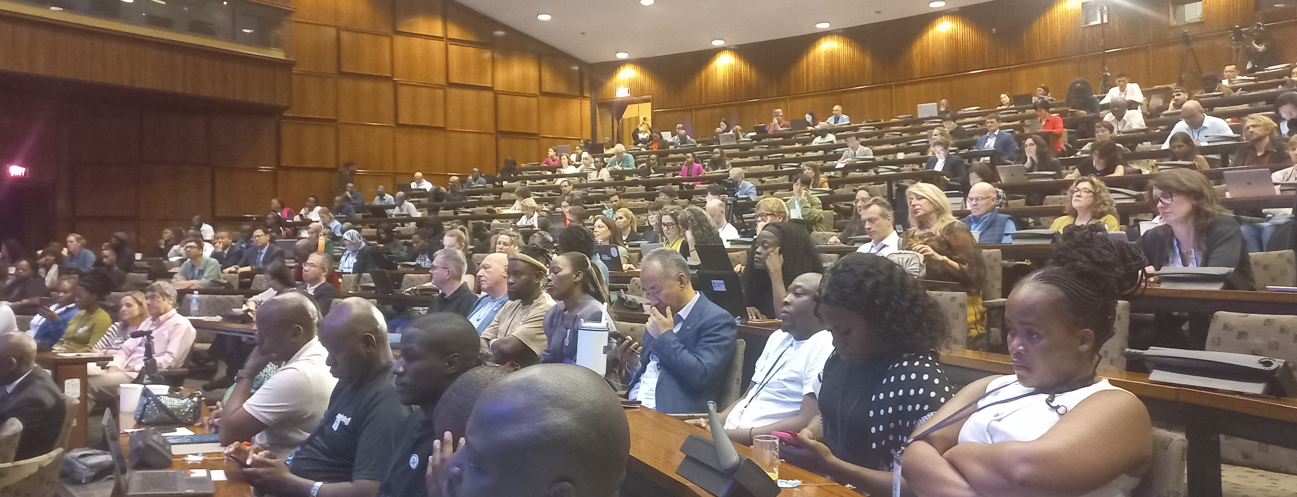Africa must not resign itself to being a victim of climate change but instead turn its natural resources into a powerful driver of sustainable development through a bioeconomy.
This was the message delivered by Professor Kassahun Tesfaye, Director-General of the Bio and Emerging Technology Institute, during the launch of The State of Africa’s Environment 2025 report in Addis Ababa a fortnight ago.
“Africa, which has contributed the least to global greenhouse gas emissions, is suffering the most from its consequences, but our fate is not to remain victims. Science does not just diagnose problems, it forges solutions. And our greatest liability, our natural resources and land, can become our most powerful asset to build a sustainable bioeconomy,” Professor Tesfaye said,
He described the bioeconomy as a system that uses renewable biological resources including; crops, forests, animals and micro-organisms to produce food, materials, and energy in a way that regenerates rather than depletes the environment.
“It is a circular economy, where waste is not an endpoint but a new beginning,” he explained.
To illustrate, Professor Tesfaye pointed to the sugar industry as a sector ripe for transformation noting that the old model views sugarcane only as a source of crystalline sugar.
“…but in a bioeconomy, the sugar industry becomes an integrated biorefinery where every part of the plant is utilised to create a range of valuable bio-products. This is not just an upgrade, it is a transformation from a single-output system into a zero-waste powerhouse that can generate wealth while helping us reduce dependency on fossil fuels.”
Professor Tesfaye argued that Africa must re-imagine its agriculture, not as a contributor to deforestation and emissions, but as a global carbon sink.
“By adopting climate-smart practices such as agroforestry, integrating trees like enset and coffee into cropping systems and cultivating drought-resistant, nutrient-rich indigenous crops, we can restore soil health, sequester carbon and build resilience into our food systems,” he said.
Turning to waste, Professor Tesfaye called it “misplaced value.”
He explained thagt agricultural residues, from coffee husks to teff, rice and wheat straw, can be transformed into bioenergy for clean cooking and to power rural industries.
“Organic municipal waste can become compost or be converted into biogas. This is not just environmental management, it is job creation and enterprise development at the local level.”
Protecting biodiversity, he stressed, must also underpin Africa’s bioeconomy.
“Africa is home to a quarter of the world’s biodiversity. This genetic library is a treasure trove of solutions to improve agriculture, develop drugs and create new materials for industry,” he explained.
He stressed that a strong bioeconomy strategy invests in bioprospecting, guided by strict ethical principles of access and benefit-sharing, to ensure that the value of Africa’s genetic resources benefits its people.
Professor Tesfaye outlined three key pillars for implementing Africa’s bioeconomy strategy: investment in science, supportive policies and strong partnerships.
“We need homegrown research and empowered institutions like our national agricultural research systems and universities to drive bio-innovation. Governments must create enabling environments and policies that incentivise green investments, set standards for bio-based products and protect intellectual property rights. And above all, we need partnerships between public and private sectors, between farmers’ cooperatives and scientists. No single entity can do this alone.”
He indicated that to have the three pillars possible, there is a need for financial backing to begin and a strong political will from governments.
He concluded with a stark reminder that the choices Africa makes now will determine its future.
“The State of Africa’s Environment Report holds up a mirror. It shows us a continent under threat, but also one with huge potential. Do we continue on a path of vulnerability, or do we pioneer a new path of vitality? Let us choose the path of the bioeconomy. Let us build a future where Africa is not defined by the climate crisis it suffers, but by the climate solutions it creates,” he said.

